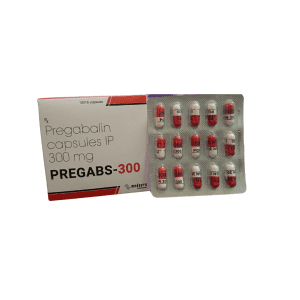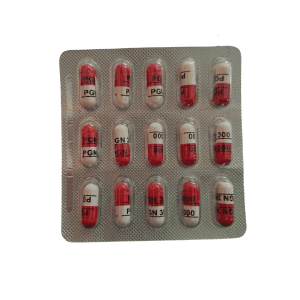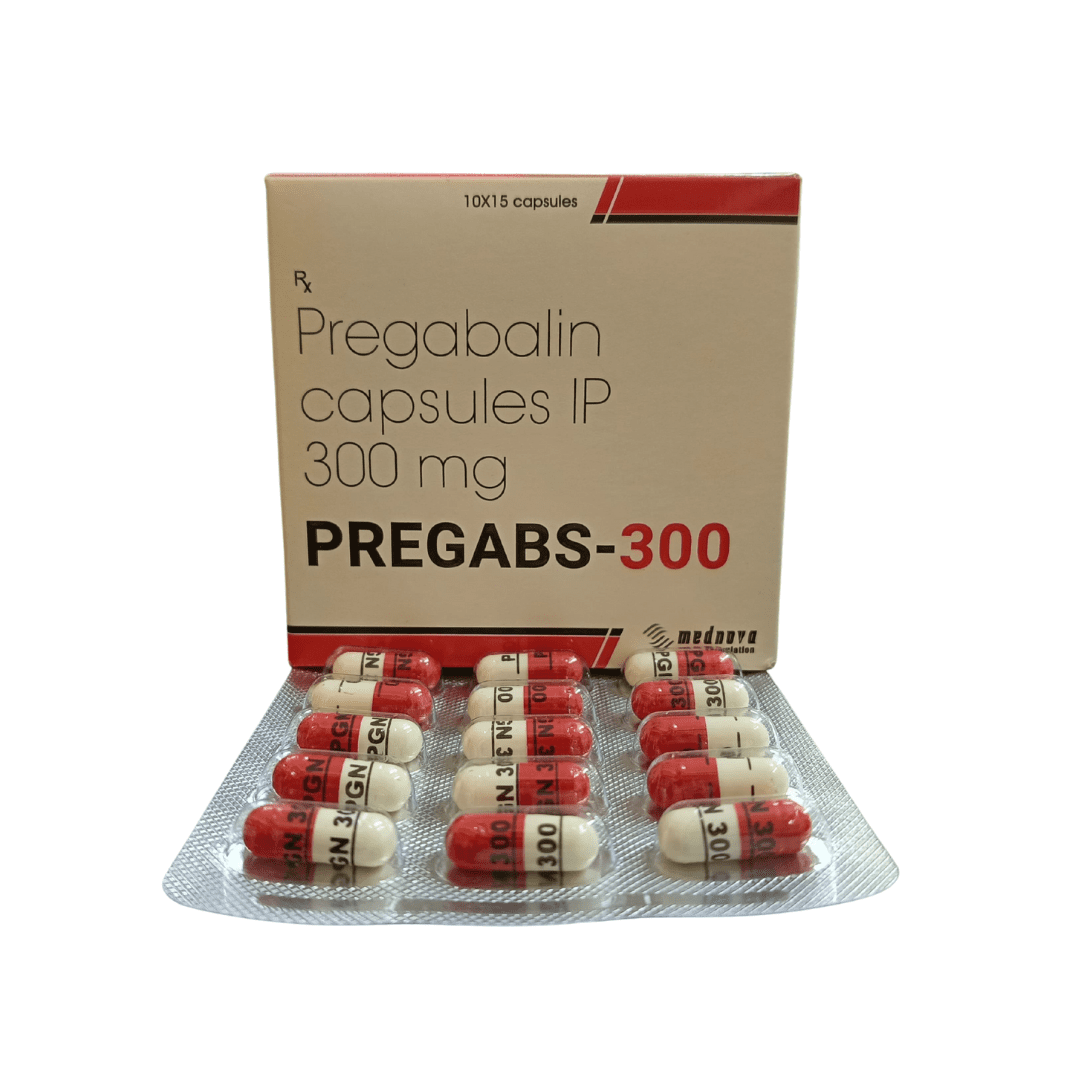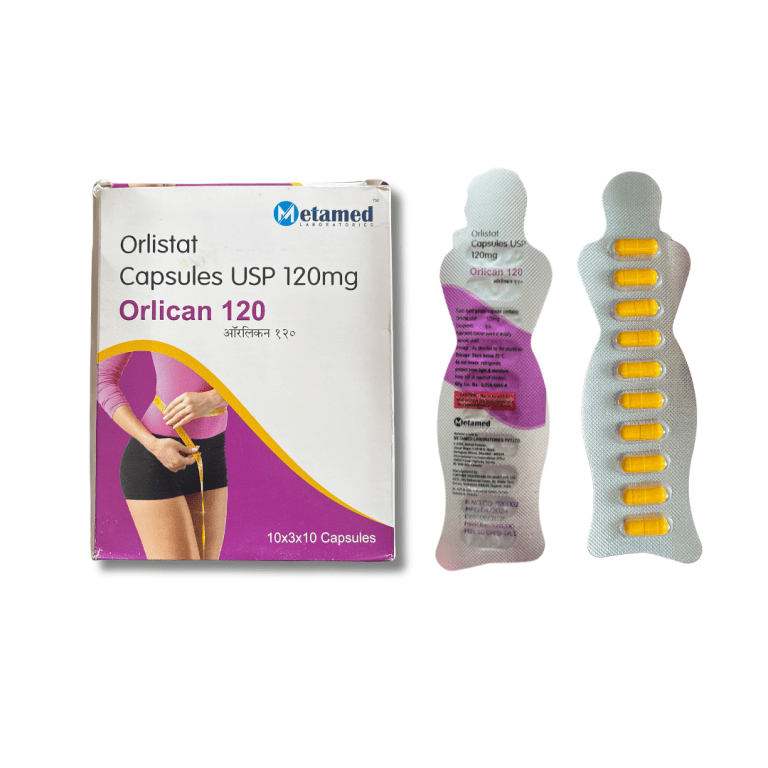Pregabalin 300mg
Pregabalin 300mg – Relief for Nerve Pain, Anxiety, and Seizures
Pregabalin 300mg is a widely used anticonvulsant and neuropathic pain reliever prescribed for the treatment of various nerve-related conditions. It works by calming overactive nerves in the brain and spinal cord, offering effective relief from chronic pain, anxiety disorders, and seizures.
Key Features of Pregabalin 300mg:
-
Active Ingredient: Pregabalin 300mg
-
Form: Oral Capsule / Tablet
-
Class: Anticonvulsant / GABA analog
-
Action Time: Begins within 30–60 minutes
-
Effect Duration: Lasts up to 12–24 hours
Uses of Pregabalin 300mg:
-
Neuropathic pain due to diabetes (diabetic neuropathy) or shingles (postherpetic neuralgia)
-
Fibromyalgia (widespread muscle pain and fatigue)
-
Generalized anxiety disorder (GAD)
-
Partial-onset seizures (as adjunct therapy)
How It Works:
Pregabalin binds to calcium channels in the nervous system, reducing the release of neurotransmitters that cause pain, anxiety, and seizures. This results in a calming effect on the brain and nerves.
Dosage & Administration:
-
Typical dose: 300mg per day, divided into two or three doses
-
Take with or without food, at the same times each day
-
Do not stop suddenly without medical advice, as it may cause withdrawal symptoms

Common Side Effects:
-
Dizziness or sleepiness
-
Blurred vision
-
Weight gain
-
Dry mouth
-
Swelling in hands/feet
Note: Serious side effects like mood changes, muscle pain, or difficulty breathing require immediate medical attention.

Precautions:
-
Not recommended for people with severe kidney disease without dose adjustment
-
Avoid alcohol and other CNS depressants
-
May cause drowsiness or dizziness—use caution while driving or operating machinery
-
Inform your doctor if pregnant, breastfeeding, or planning surgery
Storage Instructions:
-
Store in a cool, dry place away from direct sunlight and moisture
-
Keep out of reach of children and pets

Disclaimer:
Pregabalin 300mg is a prescription-only medicine and should be used under the supervision of a licensed healthcare provider. Misuse may lead to dependency or adverse effects.









